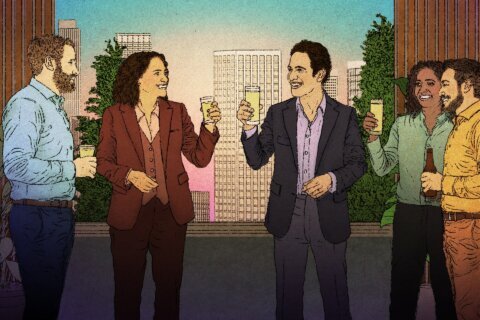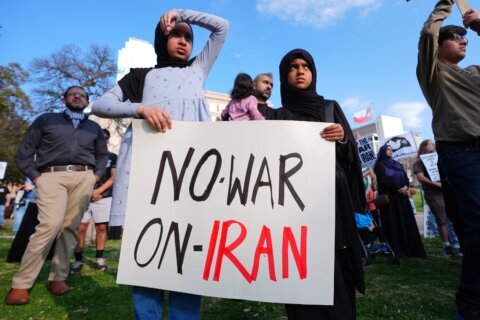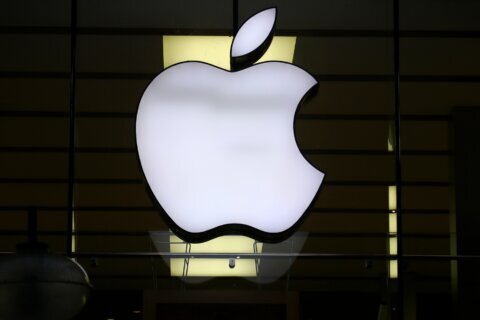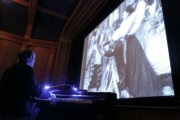WASHINGTON — It was the kind of spring night that drew the District out of its winter hibernation. Temperatures hit 70, daylight extended past 7 p.m., and the smell of grass and grills filled the air.
Across the city, restaurant patios and retail stores were packed — and Georgetown’s Hugh & Crye was no exception. Only the 50-or-so people that crammed into the basement boutique were not there to shop for shirts; they showed up to listen to live music.
Right around 8 p.m., an MC made his way to the front of the room and addressed the crowd comprised of mostly 20- and 30-somethings.
“What’s up everybody? Welcome to Sofar Sounds.”
The seated group let out a few yelps and raised their BYOB cans of beer and boxes of wine as he went through the general rules of the evening: Be respectful of the space, show respect to the artists and enjoy the experience.
Then, New York-based singer-songwriter Stephen Babcock took the mic.
A more intimate concert experience
Sofar Sounds is described as “a global community and concert experience,” and it got its start in London nearly a decade ago.
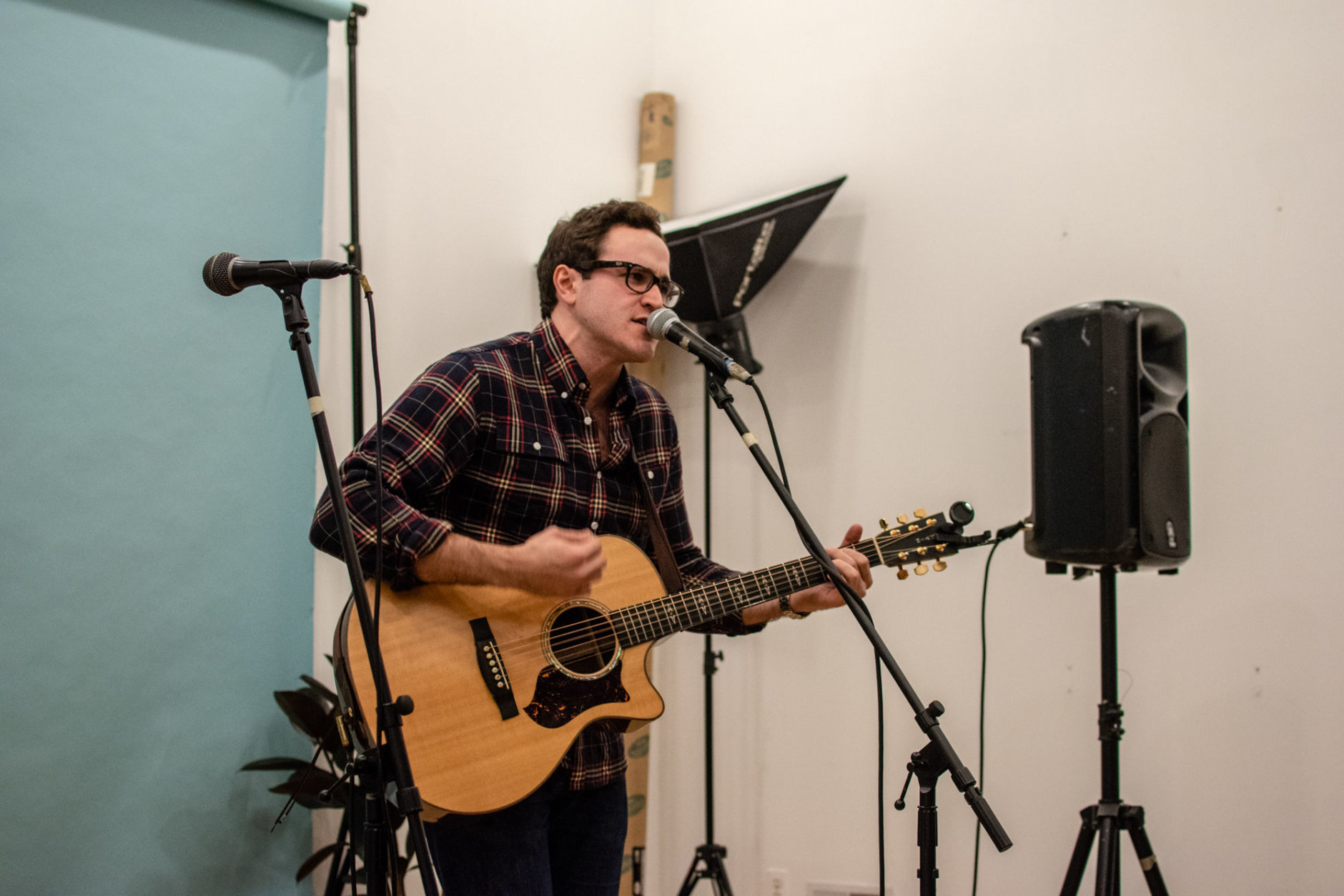
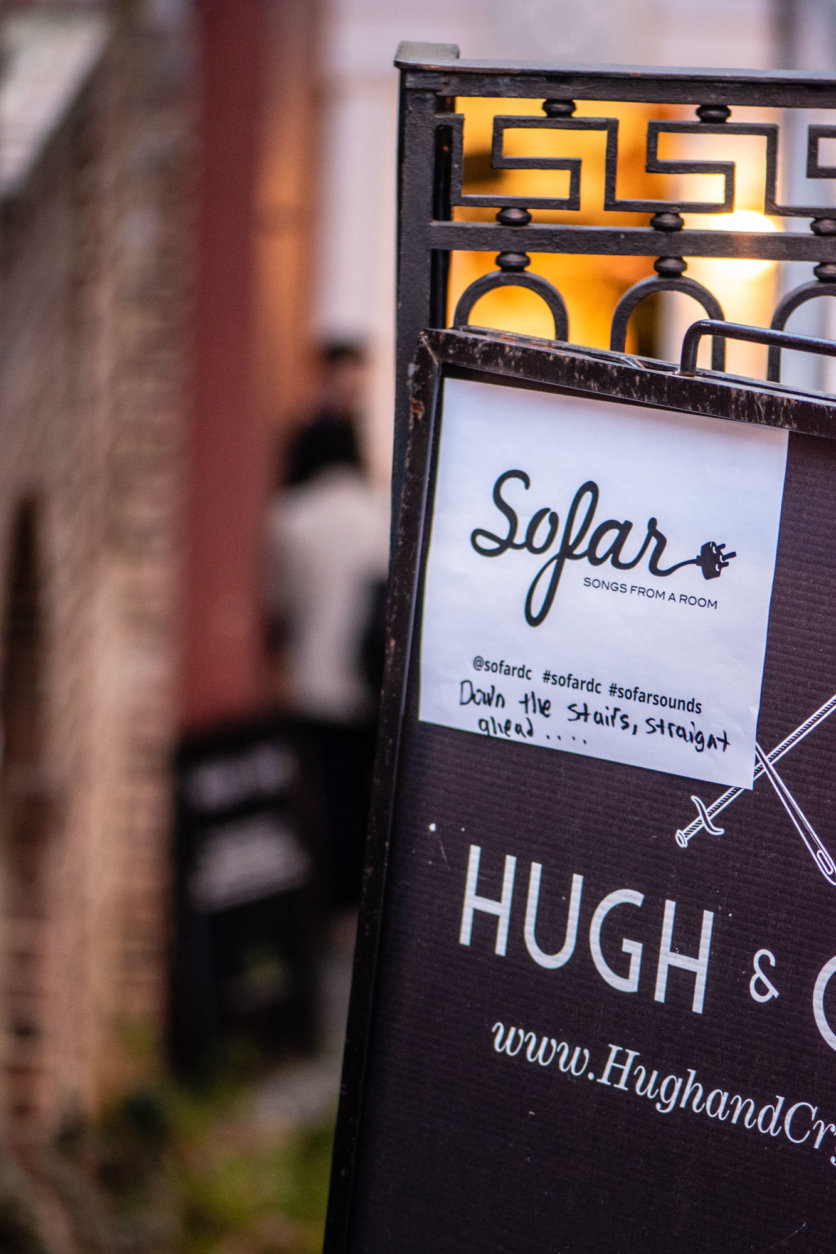
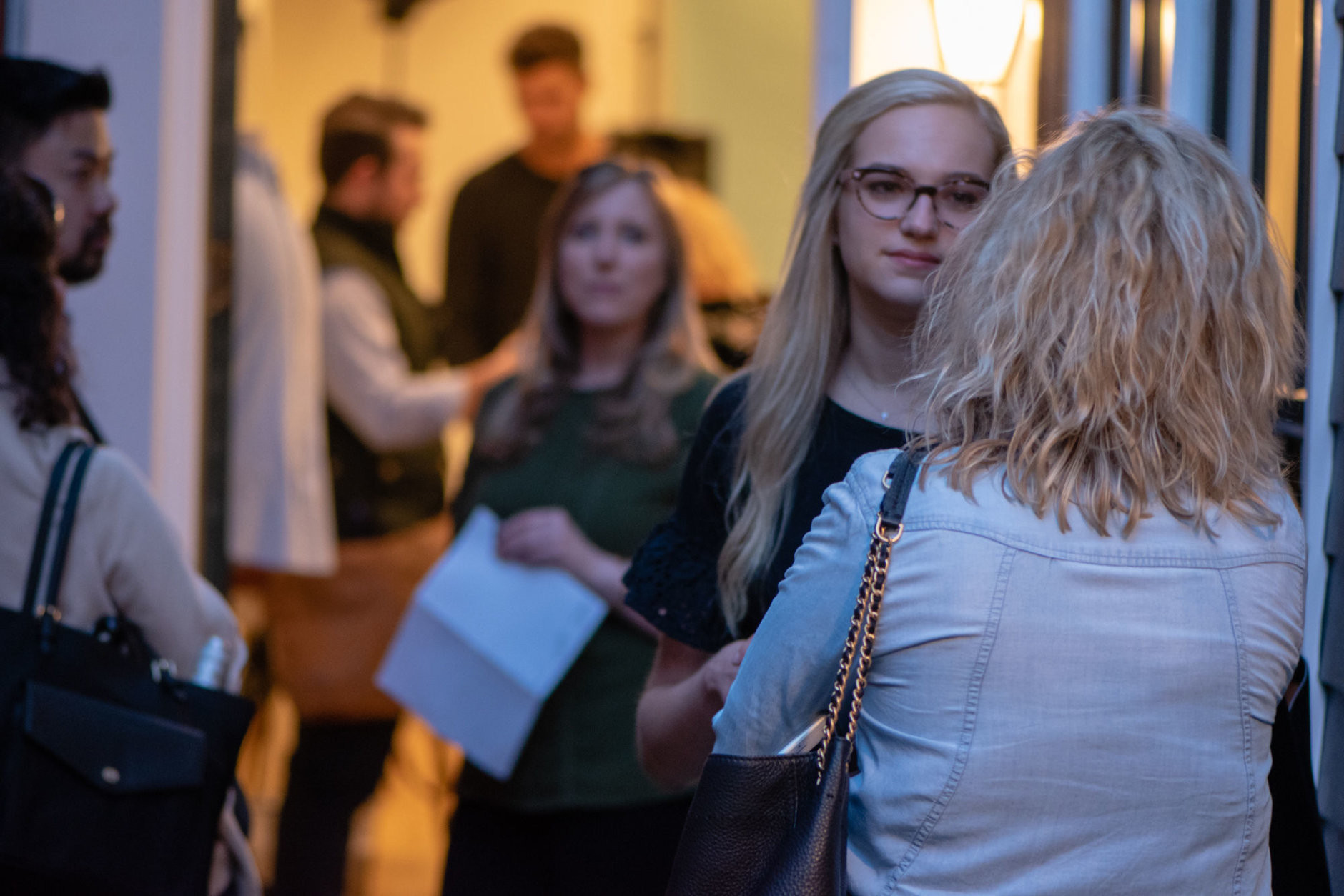
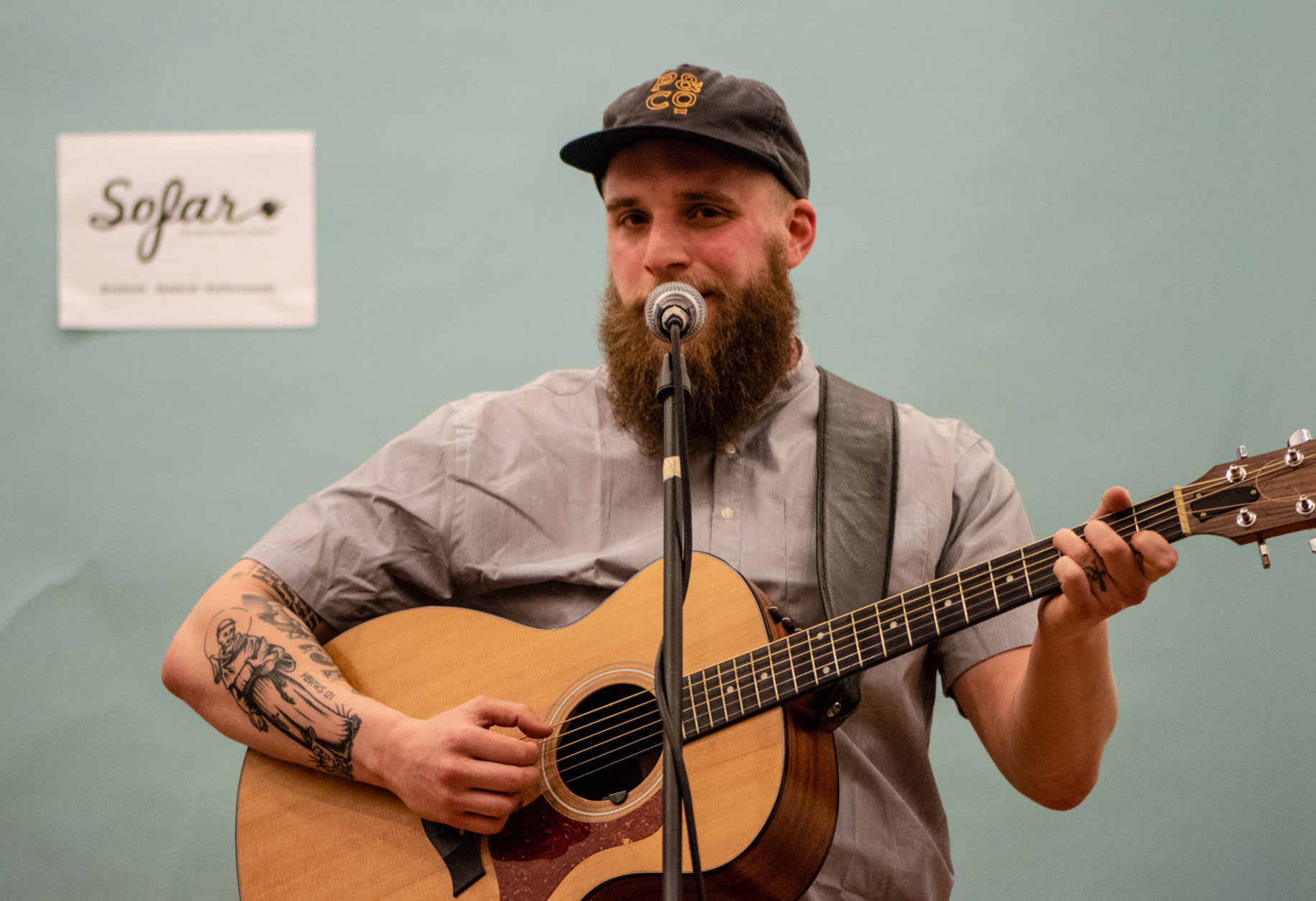
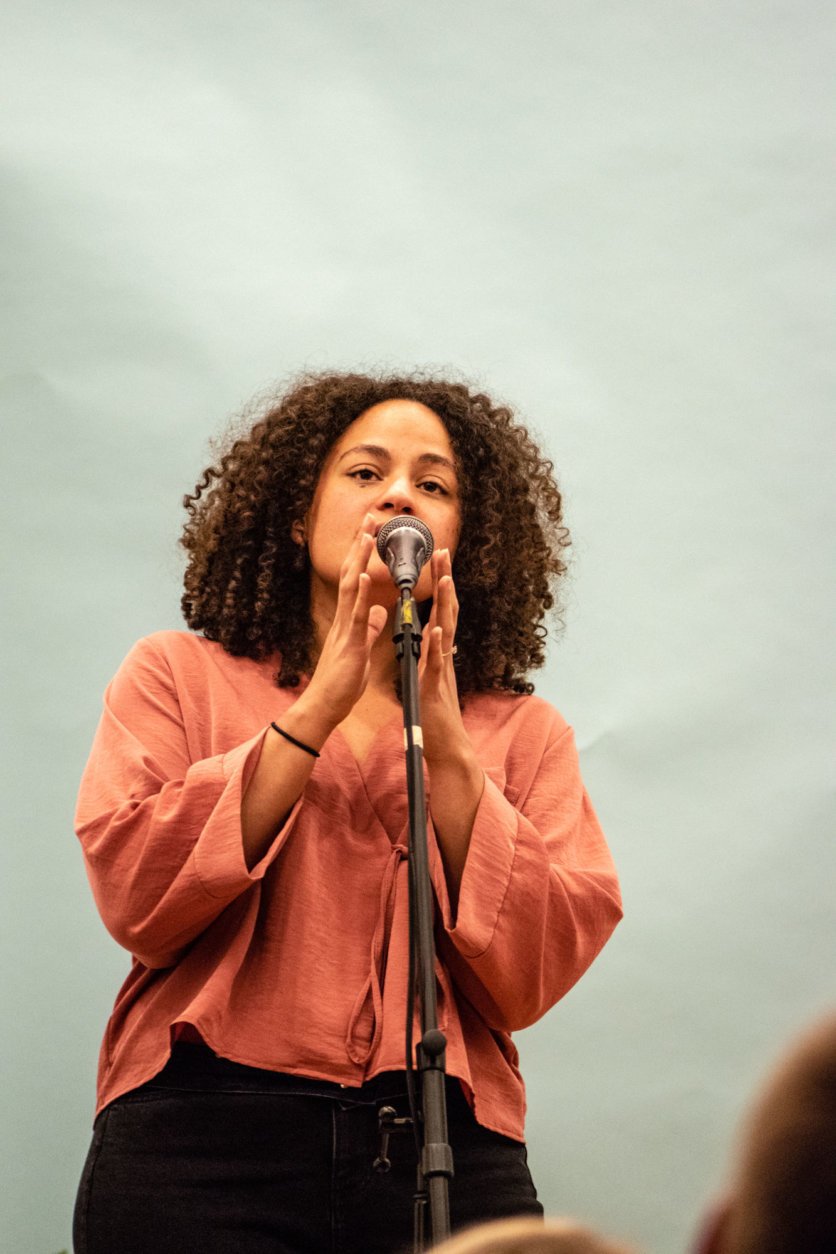
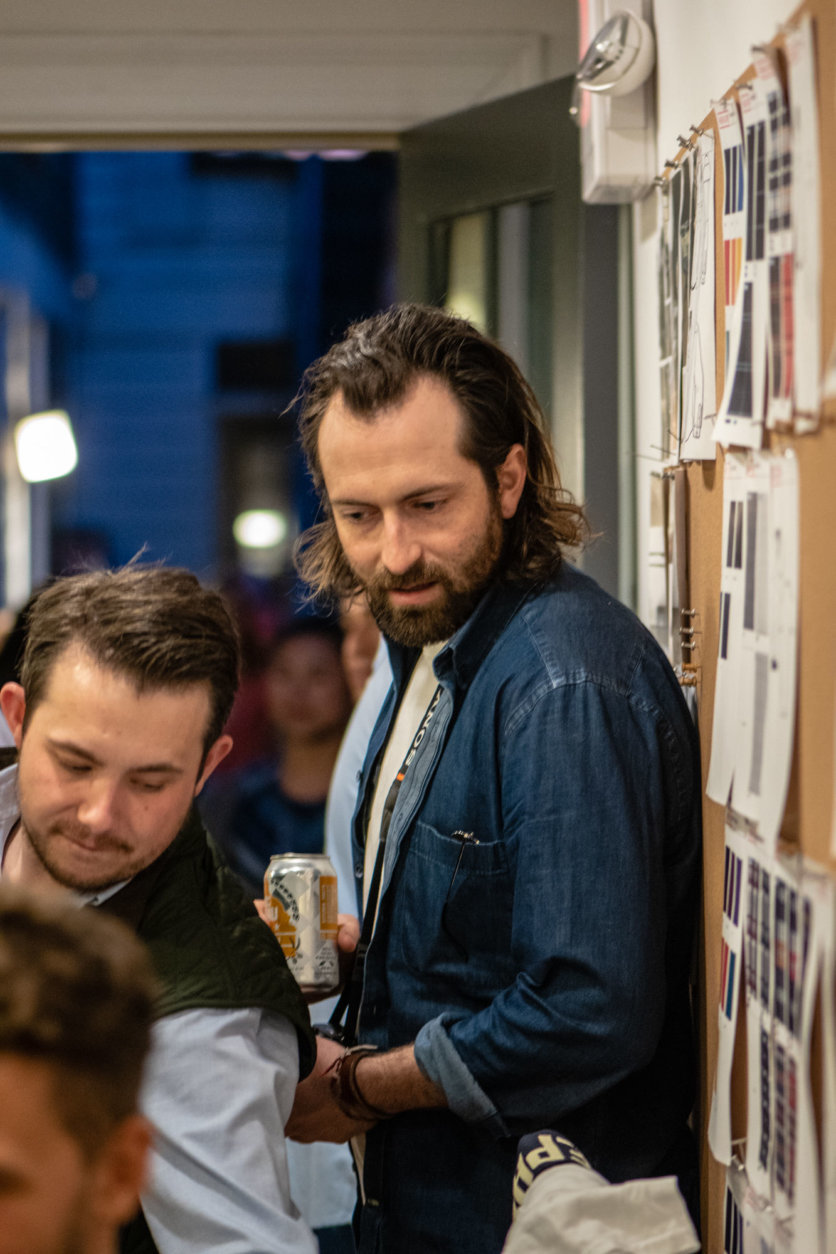
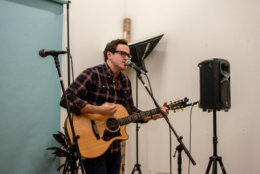
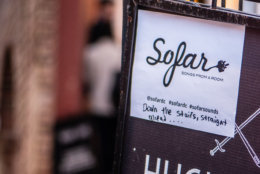
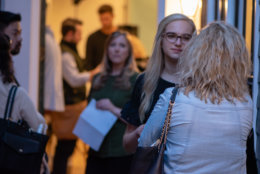
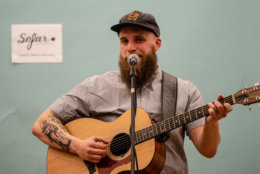
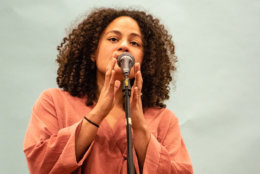
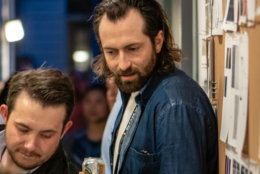
Margot Pien, who works with the company’s D.C. outlet, said the founder was fed up with all the distractions in typical concert settings, like people texting or talking over the music. So, he invited a bunch of people back to his living room, along with a few musician friends, and the concept was born. (Sofar stands for Songs From a Room.)
Now, the company hosts pop-up concerts in more than 300 cities across the world, and the stage has expanded beyond the sofa.
“You could be on an apartment rooftop, you could be in someone’s living room in Columbia Heights, you could be in the National Cathedral or in the Kreeger Museum,” Pien said.
Or, in a retail shop.
Here’s how it works: Sofar Sounds lists upcoming concerts on its website — only, a few key details are left off, including the artist and the location. Sometimes, a post will indicate a neighborhood, but never an address.
Interested concertgoers can put their names into a lottery, and if selected, they have the opportunity to purchase a $20 ticket (and up to five tickets for friends) to the secret show.
“You don’t find out the address until about 30 hours before the event and then you don’t know who the artist is until you walk up the night of,” Pien said.
At the Hugh & Crye concert, a standard sheet of computer paper with the artists’ names and social media handles was posted near the front entrance.
Sofar Sounds works with a mix of local and touring artists. Of course, there’s always the chance attendees will see a bigger name (Ed Sheeran played in a Cathedral Heights living room in November as part of a collaboration between Sofar Sounds and Amnesty International, and Leon Bridges played to a small crowd in Dallas), but most are up-and-coming.
Even the genre of music is kept secret until the event.
“We really are just trying to expose people to amazing local artists and touring artists and kind of [have you] step outside your comfort zone,” Pien said, adding that attendees are rarely disappointed or upset by the music featured in a Sofar concert.
“I think if you’re willing enough to sign up for a show where you don’t know where it is or who’s going to be there, you’re a pretty open-minded person.”
In D.C., Sofar puts on about 15 concerts a month, with the smallest shows accommodating about 40 people and the largest seating 140. Some events sell out, and Pien said the intimacy of the experience really contributes to its success.
“For audience members, they’re like, ‘Wow, we can actually hear the words the artist is saying. People are being respectful.’”
For the artists, it’s a chance to play to a conscientious crowd of music lovers and even test out new material.
“I think D.C. is known for pretty attentive crowds, in general. But they say there’s nothing like being in a living room or small area,” Pien said.
The next Sofar Sounds concert is scheduled for April 29 in Ivy City.

